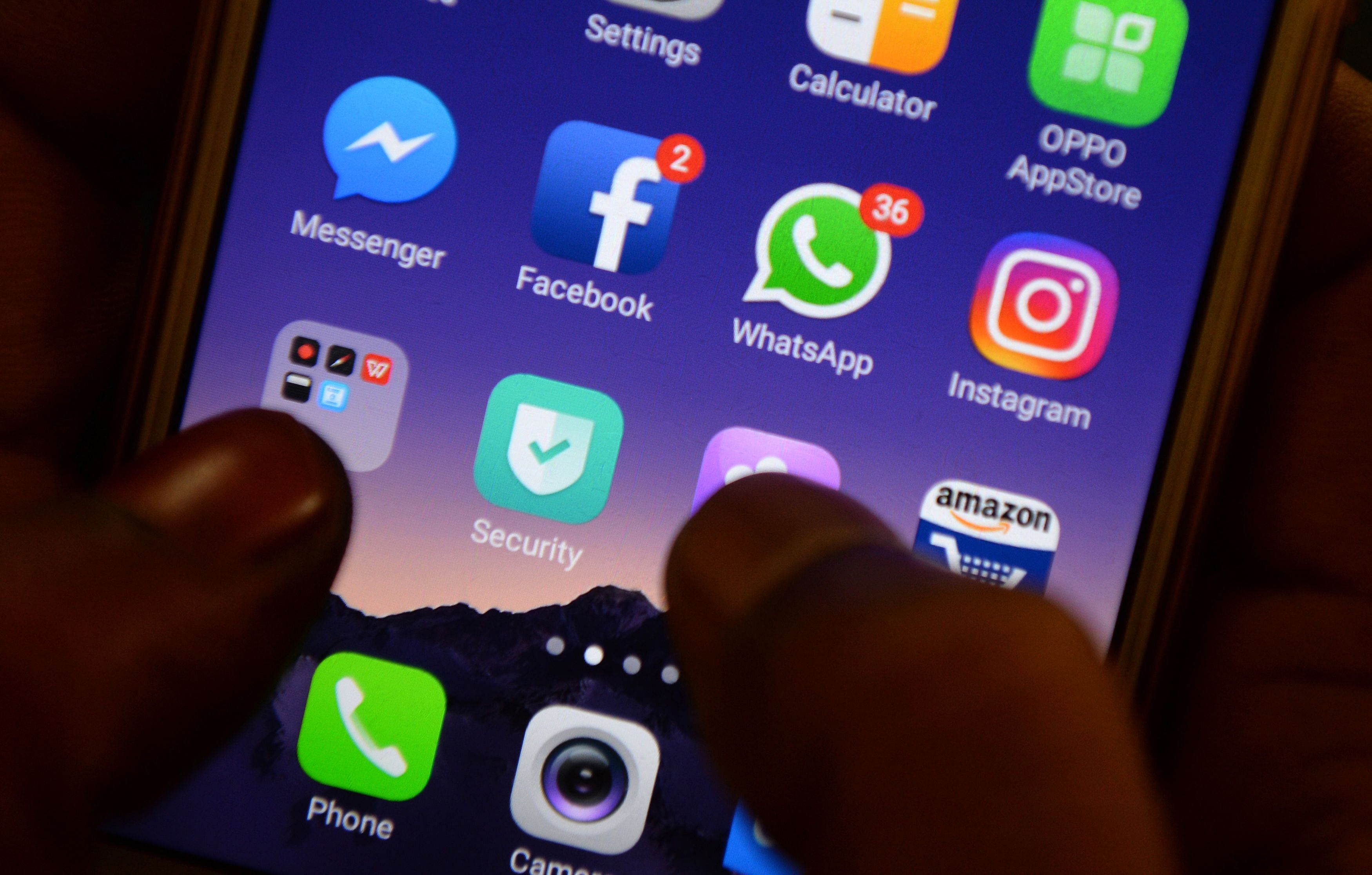
The Congress Saturday alleged the government has brought "non-statutory" guidelines without Parliament's assent to control social media platforms, saying vast powers have been given to bureaucrats which could be misused.
Congress spokesperson Abhishek Singhvi did say social media cannot be left unregulated, but added no attempt should be made to control it through non-statutory rules and executive orders.
He termed the rules "extremely dangerous" for free speech and creativity, "unless extreme restraint is exercised" in implementing them.
He said no act has been passed in this regard, and even the Data Protection Act has not been cleared in three-four years. He said a Parliamentary scrutiny was necessary before bringing rules to regulate social media.
The government on Thursday had said a 'code of ethics' and three-tier grievance redressal mechanism would be applicable for news publishers, over-the-top (OTT) platforms and digital media.
The Information Technology (Intermediary Guidelines and Digital Media Ethics Code) Rules, 2021 were announced at a joint press conference here by I&B Minister Prakash Javadekar and IT Minister Ravi Shankar Prasad earlier this week.
Singhvi told reporters on Saturday, "Nobody is suggesting that there should be 'Jungle Raj' or unregulated, unknown territory forever in any area. But, equally, there should be no attempt in the guise of non-statutory, delegated legislation rules and executive orders, in getting control of such a vast field."
Singhvi said while the law in this regard is still pending “you have brought such far-reaching changes and the czar, the monarch, the master of the universe is a bureaucrat”.
"So, I would say that it is extremely dangerous for free speech, for creativity, unless extreme restraint is exercised, and unfortunately, I do not find any restraint in this 'Sarkar' in any sector," he said.
"Humongous, vast powers have been granted without statute, without parliamentary assent, without parliamentary scrutiny, Singhvi alleged, noting the operation of rules depends on the wisdom and restraint of bureaucrats exercising them.
"Such restraint in 20 other sectors is conspicuous by its absence as far as this government is concerned," the Congress leader said.
Singhvi also said the government has come out with guidelines under an IT Act, but there is no act created for OTTs or for other social media, the government has exercised general power under the ÏT act.
He said that under the new rules, a bureaucrat will decide what national security is before arresting anyone, and asked whether every arrest made in the last five years has been on the genuine ground of national security.
He said these guidelines are covered under the IT Act, but this must go through Parliament and asked why the Data Protection Act has not been passed even after four years.
The Information and Broadcasting Ministry on Saturday clarified that the provision in the new digital media guidelines to block internet content in a case of emergency nature has been around as a rule since 2009 and was not recently introduced.
Certain misgivings are being raised regarding Rule 16 under Part III of the guidelines which mention that in a case of emergency nature, interim blocking directions may be issued by the Secretary, Ministry of Information and Broadcasting, a ministry statement said.